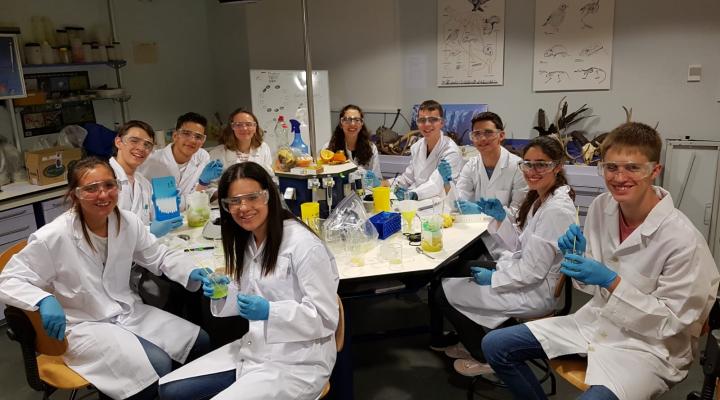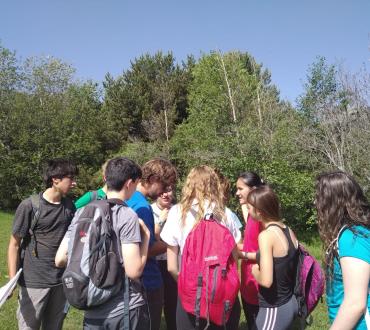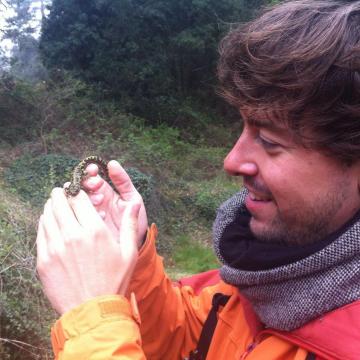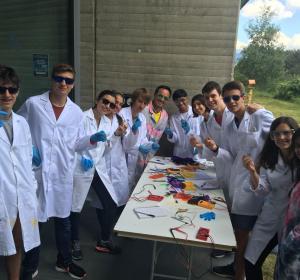
Discovering biodiversity and evolution: from fieldwork to current genetics through bioinformatics
Basic information
Why is it important to know what species are on the planet and how they have evolved throughout history? The first life forms originated nearly 4 billion years ago. Since then, and surviving several mass extinctions, an enormous diversity of organisms has been generated, of which only about 2 million species have been cataloged. Currently, we are immersed in a great biodiversity crisis where the rate of extinction is about a thousand times higher than that which would take place due to natural causes. In this project we learn about biodiversity and the evolutionary processes that generate and maintain it over time, the genetic structure of species and their ability to adapt to the environment, vital aspects to preserve the richness of the planet and ensure its future, and ours.
What will you learn?
The environmental pressure exerted by humans on the planet has triggered, according to numerous scientists, the sixth great extinction. This fact, together with the lack of experts and the political-economic situation of the moment, makes it difficult to discover and describe the 10 million species that are estimated to inhabit the Earth before they disappear altogether. In this project we work on the bases of evolution and genetics from a theoretical, functional and conservationist point of view, emphasizing the genetic and morphological particularities that allow us to distinguish and analyze the different organisms.
During this process, you will gain the knowledge and tools necessary to design and develop your own research. You will learn to identify organisms in situ, in the surroundings of the MónNatura Pirineus center, using the most innovative molecular biology tools to extract and sequence the DNA of the samples obtained, as well as cutting-edge technology and computational tools to be able to analyze them. Through fieldwork and experiments in the laboratory, you will be able to validate, from a genetic point of view, the identification you have previously made using bioinformatics methods. Who knows, maybe there are surprises! Do you know what cryptic or twin species are? Do not worry, if by the name itself you do not indebted it, we will explain it to you in the MónNatura Pirineus. In the event that we find a new species, we must name it, so thinking about how you would say it!
All concepts are explained through case studies, while the project also includes debates and scientific challenges on biodiversity and evolution in order to stimulate the critical spirit and your passion for science.
What are the participants telling about the project?
Research team
This project is led by researchers from Laboratoire EBI - Université de Poitiers, and the Université de Tours. The project will be carried out in Spanish, Catalan and English.






